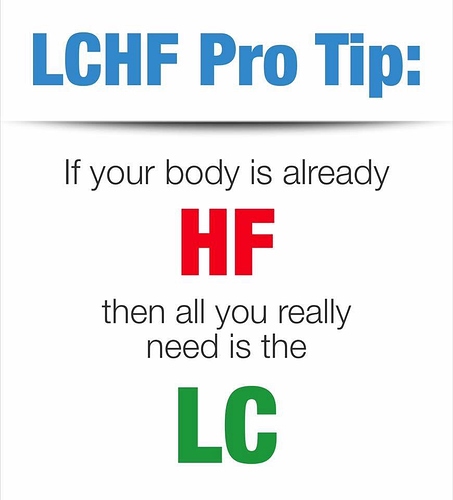So, I’m a 38 year old female and I’ve been doing Keto and fasting 16-20 hours per day for a little over 2 months. My starting weight was 225 and I am 185 today, so 40 pounds lost in 70 days. I’m super happy about that, but the last 1.5 weeks have been extremely slow with the fat loss - 186.8 to 185.0 over the span of 2 weeks, and to be honest, all of that fat loss came from my first 48-hour fast and not from day-to-day (which seems stable no matter what I eat).
Believe it or not, I know what my set point already is - I used to weigh 145 pounds for long periods of time until I became a software executive, being promoted from an architect. And after 1.5 years of that, being a director and a CTO, my cortisol went through the roof, and so did my carb intake and the number of times I ate per day. I went to 225 in basically 1.5 years. It’s a good thing I didn’t say there for several decades or anything, which I think is going to help make stuff easier.
I had my blood work done, and apparently, I already reversed insulin resistance and any risk of heart attack already. I went from a resting heart rate of 160 to 88. My blood pressure went from 145/89 to 103/74. My triglycerides are something like 23… nowhere near 150 or higher. My ldl was the lowest it had ever been in my life when comparing to past blood tests. My sugars are way down - I forget the nunber exactly. I couldn’t get insulin tested for some reason, although I requested it, but I suspect it’s also at normal levels at this point.
I have read that if you’re metabolically healthy and insulin isn’t moving much, it’s going to be a lot harder to lose weight on keto. I am using the right macros (although I suspect my protein calculation is too high perhaps). I don’t cheat. I don’t consume grains, sugar, processed vegetable oils. I eat whole foods. I’m positive I’ve over-compensated and nearly perfected everything early - probably to my detriment as I have nothing obvious to improve anymore.
My calories are in a deficit this entire time. Some days are higher, like 1400-1500, but usually they are between 1250-1300 and sometimes as low as 1100. I pretty much eat to satiety - or close to it. I don’t make big meals - only eating 2 meals a day. My protein hovers around 80g-90g (larger if I eat a rib-eye steak). My fats are variable - I’d like to get them to 60g, but that’s stupidly difficult to do since you really do want to add fats to meals to lower overall insulin response. My net carbs never go above 20g, and they are often 10 or 15g just because I am paranoid.
I’m pretty much at a loss. I’m mostly thinking of ways to lower insulin further - dropping protein for example to reduce my insulin load of ~65g to maybe 40 or 50g daily, perhaps limiting myself to just bacon, eggs, duck, herring, mackerel and nuts, since they have low insulin responses despite being proteins. Doing that will put me to about 900 calories daily, and that has got me worried  I can make it work… no recipes… eat for nutrition only and who gives a crap what it tastes like. I can do it for 2-3 months. I really can, if it won’t mess up my metabolism I will do it. But I’m scared. 900 is low.
I can make it work… no recipes… eat for nutrition only and who gives a crap what it tastes like. I can do it for 2-3 months. I really can, if it won’t mess up my metabolism I will do it. But I’m scared. 900 is low.
Alternatively, I could just eat normally - and I don’t even know what ‘normal’ calories are these days and just fast 45% of days, basically using the scale as a guide to when and when not to fast - basically Dr. Fung’s approach. If I did this approach, should I bring my feast days back to 1800-1900 calories at 3 meals per day? Or just keep it at ~1300? The truth is, I used to eat 3000 calories a day probably, and now I find it very hard to eat more than 1500, despite not getting all of the nutrition my body needs. I have no idea what to do here honestly.
Thanks for helping me. I don’t want to get stressed out over the plateau - will be counter productive. Thank you.
<3
Katie

 ) that you up the calories for a while (more fat), and then start some fasts.
) that you up the calories for a while (more fat), and then start some fasts.

